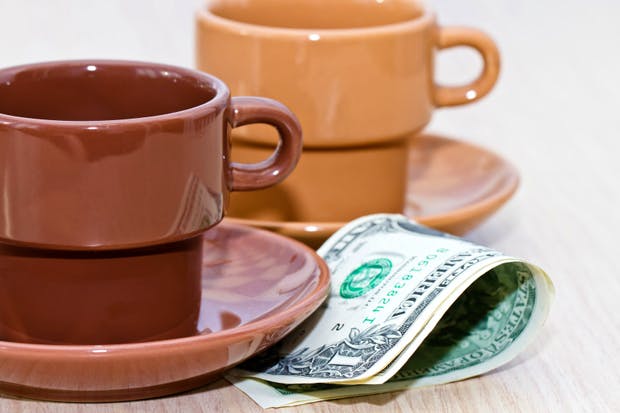As I grow older, I find myself increasingly reluctant to travel, which is why it’s been a few years now since I last visited New York. I like New York, but there are few nastier experiences than going there. The usual horrors associated with modern air travel are bad enough, but the passengers on transatlantic flights tend to be especially uncongenial — harassed mothers with screaming babies, tattooed, pot-bellied men bursting out of their jeans. By the time I reached the check-in desk at Gatwick Airport I had become so alarmed at the thought that I might be put next to one of the scarily obese women who’d been in front of me in the queue that I paid for an exorbitantly expensive upgrade to a ‘premium’ seat.
Anyway, I survived the journey, and here I am nicely settled, staying with friends near Union Square, where there’s a lively farmers’ market in which you can buy minced bison for your cottage pie. My spirits have revived, and I’m buoyed up by the cheerful, purposeful way in which New Yorkers go about their daily business and their unquenchable belief that they live in the most wonderful and exciting city in the world. It’s cold, but it’s bright and sunny and exhilarating. I’m glad I came.
I went last night for dinner to the Union Square Café, the owner of which has just announced a plan to abolish tipping throughout his chain of upmarket restaurants in the city. This might seem like a good idea, for it’s now considered normal here to tip a waiter 20 per cent of the bill, which is an awful lot — four dollars for every 20 spent — and much more than anyone pays in Britain. But it’s very controversial. Many Americans like to tip. It makes them feel powerful. It establishes a personal relationship between them and the people who serve them. And tipping is generally popular not only with waiters (who have found that tips get bigger if they draw a little smiley face on the front of the bill) but also with restaurateurs, who can pay their waiters less as a result.
On the other hand, there is the niggling worry that tipping is demeaning to its recipients. In Britain there used to be an anti-tipping movement based on this idea, though it’s a long time since I’ve heard anything about it. But I well remember how many years ago, when the movement was at its peak, a Guardian reporter was given the unenviable assignment of spending a day out in London, taking taxis and visiting expensive restaurants, with instructions to give no tips. Instead he handed out little printed cards explaining that tipping was offensive to human dignity and his failure to give a tip was just a sign of his personal respect. The poor journalist wrote an amusing piece, describing how on each occasion he was subjected to the most extravagant and vulgar abuse.
You might have expected that similar concern for the dignity of waiters would be behind this ban on tipping in this land of equal opportunity, but it doesn’t seem to have been. The main reason was apparently the injustice felt by the kitchen staff, who may get paid more than the waiters but end up earning less because they don’t get tipped. Another reason might be to spare customers the trouble and anxiety of deciding how much money to leave as a tip. In a coffee shop where I had breakfast yesterday there were three sums printed at the foot of the bill to show what tips of 10, 15 and 20 per cent would each amount to. One would have had to be feeling rather brave to pay anything less than the 20 per cent.
This first crack in the long-established American tipping culture has been heralded in the media as deeply significant, but it certainly won’t save anybody any money. Wages in restaurants will be raised to take account of the absence of tips, and the increased costs will be passed on to customers through their bills. And even after that, I would be surprised if many people, wanting to feel grand or to coax a smile from a pretty waitress, didn’t go on tipping just as before.
Got something to add? Join the discussion and comment below.
Get 10 issues for just $10
Subscribe to The Spectator Australia today for the next 10 magazine issues, plus full online access, for just $10.













Comments
Don't miss out
Join the conversation with other Spectator Australia readers. Subscribe to leave a comment.
SUBSCRIBEAlready a subscriber? Log in